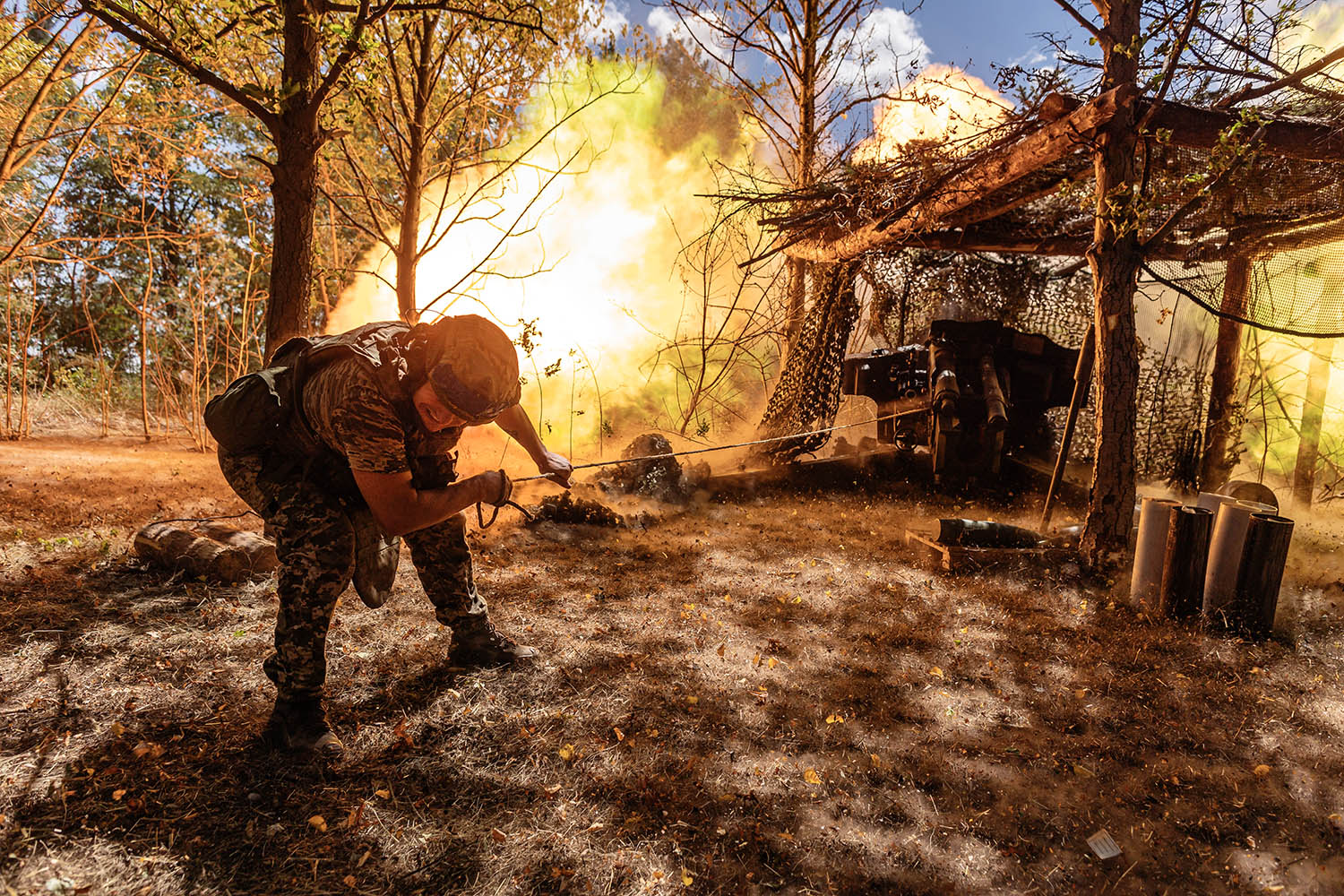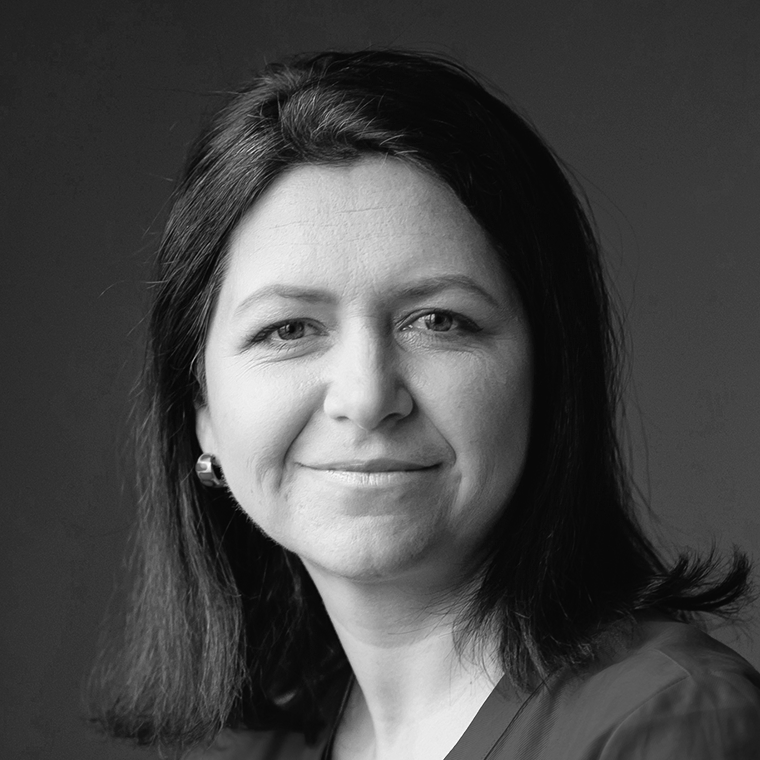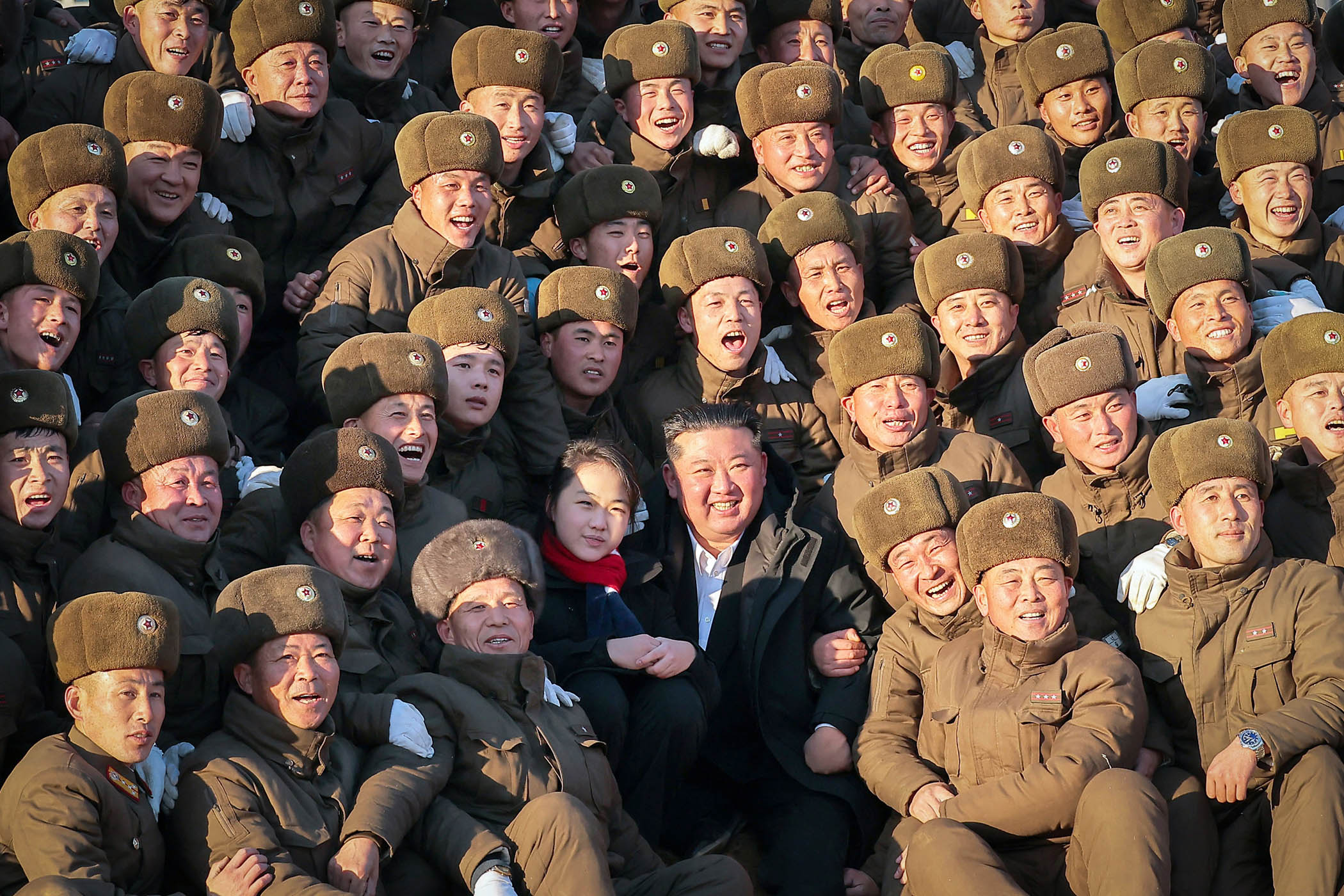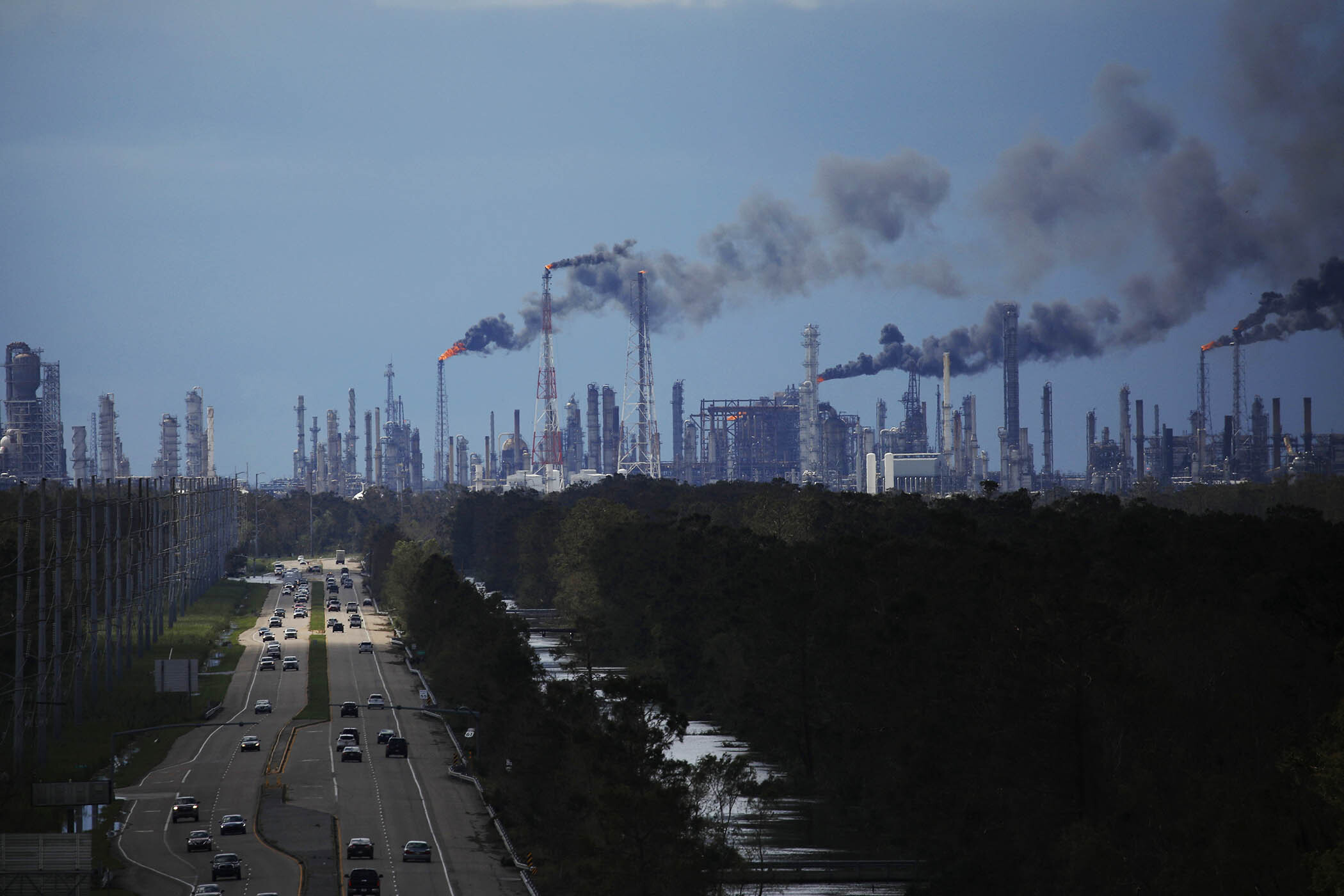Donald Trump and Vladimir Putin will meet in Alaska today for a showcase summit aimed at ending the war in Ukraine.
So what? Volodymyr Zelensky is not attending. Trump has told European leaders he will press Putin for a ceasefire, leaving thorny long-term issues for another summit that includes Ukraine. Moscow has different priorities. It wants to discuss
•
gaining formal control over Ukrainian territory;
•
the future neutrality of Ukraine; and
•
economic cooperation with the US that would end Russia’s international isolation.
The setting. The leaders are meeting at a US military base in Alaska’s largest city, Anchorage. The site has been chosen partly for its remoteness. It is far from European officials who want to influence the talks, and Putin doesn’t have to fly over any hostile states to reach it.
Between the lines. Some also see the location as symbolic. The US bought the region from Russia in the 19th century. This “is a clear example that state borders can change, and that large territories can switch ownership,” claims Moskovsky Komsomolets, a Russian tabloid.
The agenda. Putin and Trump will hold a tête-à-tête with only translators present, followed by a working breakfast with their entourages, according to the Kremlin. The summit is due to end with a joint press conference.
Absent. Putin refused to meet Zelensky in Alaska. Even though Trump says Friday’s summit is simply a precursor for another one between Russia and Ukraine, no date has been set and the Kremlin has not publicly agreed to this second meeting.
Demands. Putin is said to be offering a ceasefire in return for all of the Kherson, Zaporizhzhia and Donbas regions, parts of which are still held by Ukraine.
Counter-offer. Reports suggest the US has proposed lifting economic sanctions and recognising Russia’s de facto control over the areas of Ukraine it currently occupies, although the White House denies this. This arrangement would resemble Israel’s occupation of the West Bank and bypass a part of Ukraine’s constitution that requires it to put border changes to a referendum.
Red lines. It’s not clear if Zelensky would accept this. He has publicly ruled out ceding land and argues Moscow would use the Donbas as a "springboard for a future new offensive". Zelensky also insists on
•
implementing a ceasefire before holding more substantive peace talks;
•
Ukraine’s involvement in these discussions; and
•
a settlement that contains solid security guarantees against future Russian aggression.
Coming together. European leaders and Zelensky presented these conditions to Trump on Wednesday. The US president agreed to them, despite stating ahead of the summit that there would be “some land-swapping”.
Newsletters
Choose the newsletters you want to receive
View more
For information about how The Observer protects your data, read our Privacy Policy
Rock, hard place. The meeting still poses a risk for Zelensky, who fears Ukraine’s fate will be sealed without its voice being heard. Since their Oval Office bust-up he has strived to build a good relationship with Trump, whose ire is – for now – directed at Putin’s intransigence. But if Trump and Putin reach an understanding, Zelensky could again be cast as the obstacle to peace.
Putin knows this. Since January, Trump has twice suspended military aid to Ukraine to force Zelensky into concessions. He has also tried pausing intelligence sharing. The unpredictable US president could do so again, with significant consequences for Ukraine’s war effort.
Then again, Trump has grown more hawkish on Russia. Since Europe shouldered the financial burden of arming Ukraine and Zelensky signed a minerals deal with the US, he has
•
called Putin “very crazy” for ordering aerial attacks on Ukrainian cities;
•
slapped a 25 per cent tariff on India for buying Moscow’s oil; and
•
warned of more “severe consequences” if Russia does not stop fighting.
Meat grinder. Russia is gaining territory, but slowly. In Donetsk it has only advanced 34 miles in the last 17 months, while Russian troops have yet to capture the town of Pokrovsk, a year after Ukrainian civilians evacuated it. Moscow made breakthroughs this week, but they are small.
Mood. Despite their resistance, Ukrainians are weary after more than three years of fighting. The proportion who want a negotiated settlement to end the war as quickly as possible has risen from 22 per cent in 2022 to 69 per cent today, even if they disagree with Putin’s terms.
What’s more…That could give Zelensky political cover to make concessions, but only if he gets a seat at the table.




